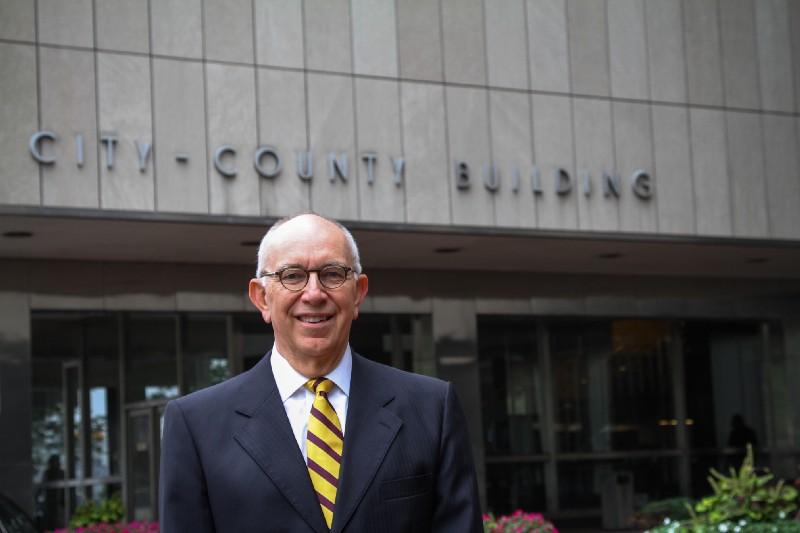Indiana prosecutor takes “a hard line” on opioid dealers
Marion County Prosecutor Terry Curry has vowed to seek longer prison terms for drug dealers in an attempt to crack down on the opioid epidemic damaging Indianapolis and large regions of the country. “Our office has made a decision that we are taking a hard line,” Curry recently told Fox 59 in Indianapolis. “We just feel it’s important that […]

Marion County Prosecutor Terry Curry has vowed to seek longer prison terms for drug dealers in an attempt to crack down on the opioid epidemic damaging Indianapolis and large regions of the country.
“Our office has made a decision that we are taking a hard line,” Curry recently told Fox 59 in Indianapolis. “We just feel it’s important that we make a statement and don’t lose sight that there is a criminal side to the opioid epidemic that’s occurring.”
Curry said his office will continue to divert low level drug possession cases and first time offenders to drug court for treatment in lieu of pursuing criminal sanctions. But he simultaneously argued it was important to push for long prison sentences for those dealing in large quantities of opioids and other drugs.
“There’s a distinction between those battling addiction and those who are feeding addiction,” Curry said.
The prosecutor showed he was serious earlier this month when his office secured long prison sentences for two individuals convicted of selling heroin. Frank Dangerfield was sentenced to 26 years in prison and Braxton Buxford was sentenced to 30 years in prison on similar charges. In addition to heroin, police found $7,928, 36 grams of cocaine, 125 grams of methamphetamine and 160 grams of fentanyl in Buxford’s vehicle.
Curry’s hard-line approach, however, is increasingly coming under fire by those who maintain that the opioid epidemic in this country should be treated as a public health, not criminal justice, crisis. For example, Northeastern University Law Professor Leo Beletsky, a public health and drug policy expert, said sending more people to prison for longer periods of time has never been an effective crime or drug prevention strategy.
“Locking people up during the 1980’s and 1990’s didn’t lower the crime rate or prevent people from using, and the same is true with opioids today,” Beletsky said. He argues that law enforcement should step aside to allow the health care community to play a larger role in addressing widespread opioid use. He concedes, however, “that’s hard for prosecutors to understand.”
“This gives them a chance to make themselves central to the crisis,” Beletsky said. “But we don’t usually expect prosecutors to respond to an epidemic.” Rather, he suggested, “that’s a role for epidemiologists and other medical personnel.”
Beletsky also maintained that Curry’s distinction between users and dealers — and the different treatments they should receive — is not always realistic.
“The people who sell are also the people who use,” he said. “And if you study the history, users always end up getting arrested.”
